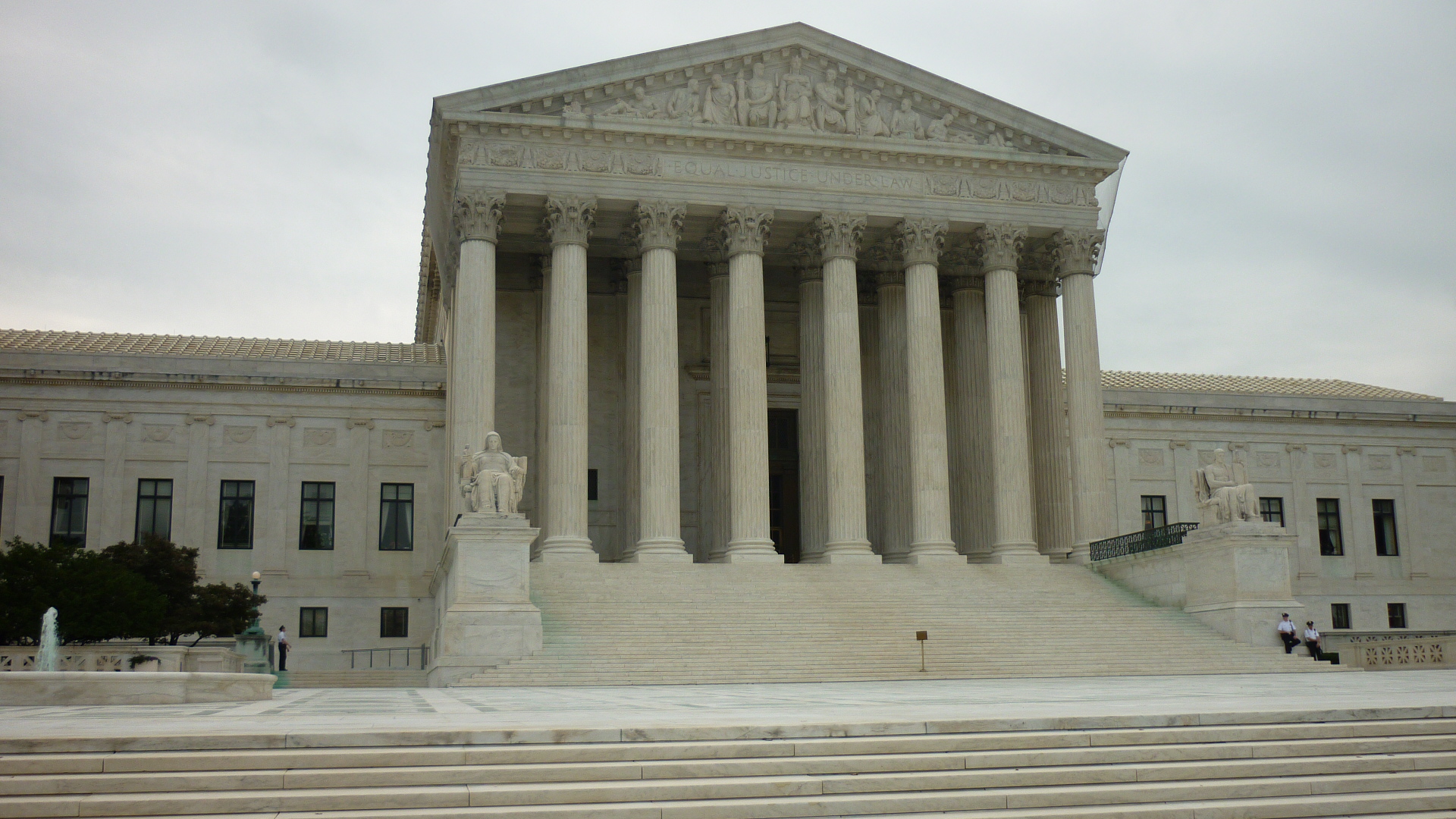By Robert H.
One good thing that should come out of the news that the government is massively invading our privacy: it will put to rest all the misguided attacks on corporate personhood we've heard lately.
Here's the story: the Supreme Court struck down a campaign finance law, partially relying on the corporate personhood doctrine (I mean very partially)-- the idea that for some purposes corporations are persons and some rights apply to them, in this case the right to free speech. Rather than going after the specific extension of corporate personhood to speech issues (which I think had been made before this ruling), or some of the flaws in the decision completely unrelated to corporate person-hood, some critics (Examples here or here or here) decided that "the evil supreme court thinks corporations are people" was a good sound bite, and so people started saying they were opposed to the doctrine of corporate personhood. This has led, as that last link reveals, to a movement, backed by actual congressmen, to amend the constitution and strip all rights from corporations. Which is sort of terrifying.
See, pretty much no one is actually opposed to corporate personhood, as we learned this week. I haven't read a single blogger or commentator say, "Of course the government can create huge secretive programs to take private information from google and apple and etc. The government is searching the records of corporations, and corporations have no rights because they aren't persons." Instead, people are reflexively assuming that fourth and fourteenth amendment rights against unreasonable searches and seizures are the proper starting points here, even if they go on to argue that gaps in fourth amendment doctrine makes what the government is doing narrowly legal. This information is private. It's personal and it's sitting behind closed doors and the people holding on to it are making every effort to keep it from getting out -- and thank God for that. And the government should get free access to it because a corporation rather than a sole proprietorship is holding on to the stuff? Am I going to march in here and tell you that the government gets to burst down any door it wants, rifle through any file it wants, upend any trash can it wants, copy any hardrive it wants, so long as the ink on the door says "Inc."?
Of course I am not. The idea that corporations have rights and should be, for some purposes, treated like persons is not controversial. No one wants to live in a world where the government can seize corporate property without due process, search corporate records at will, convict corporations without trial, etc. For some purposes, we obviously want to treat corporations as persons (and that specific word, "persons," is important and necessary since the 14th amendment, the one that keeps states from violating your rights, protects "persons." It would be nice but impossible to use a less emotive term). At the end of the day, if the government steals corporate property it is, ultimately, stealing from people. Of course, for other purposes, we obviously don't want to give corporations rights (right to vote, say). And there's probably a middle ground we need to argue about (Corporations have a right to free speech but no fifth amendment right to not be compelled to testify against themselves, for example, both of which I think can be questioned). If you agree with those three points -- and I hope you do -- you more-or-less agree with the doctrine of corporate person-hood. Hooray you. Now go argue against Citizens United on the grounds that the law in question was a narrow, content neutral restriction appropriately limited to serve the government's interest in protecting candidates from implicit bribery, or something.


No comments:
Post a Comment